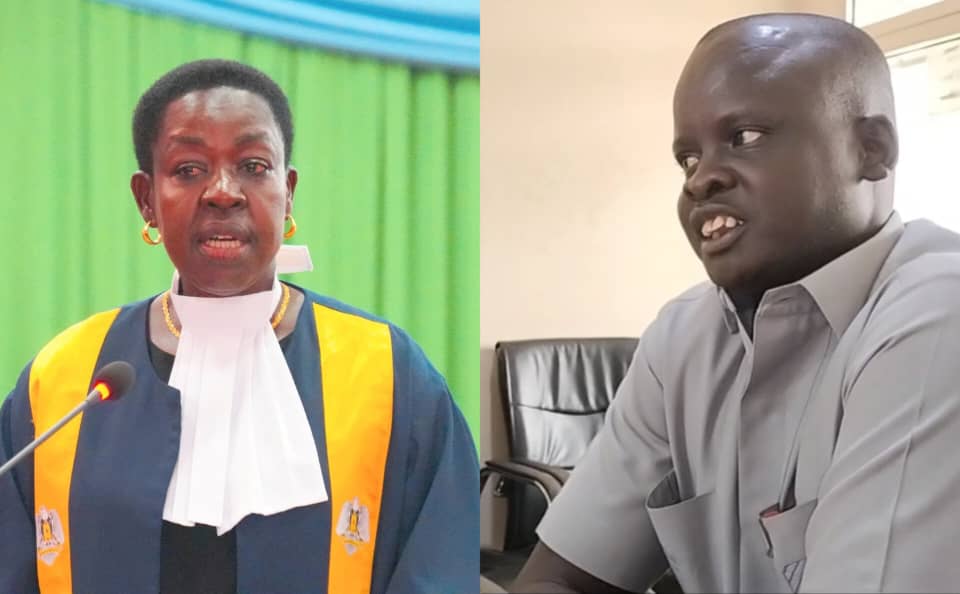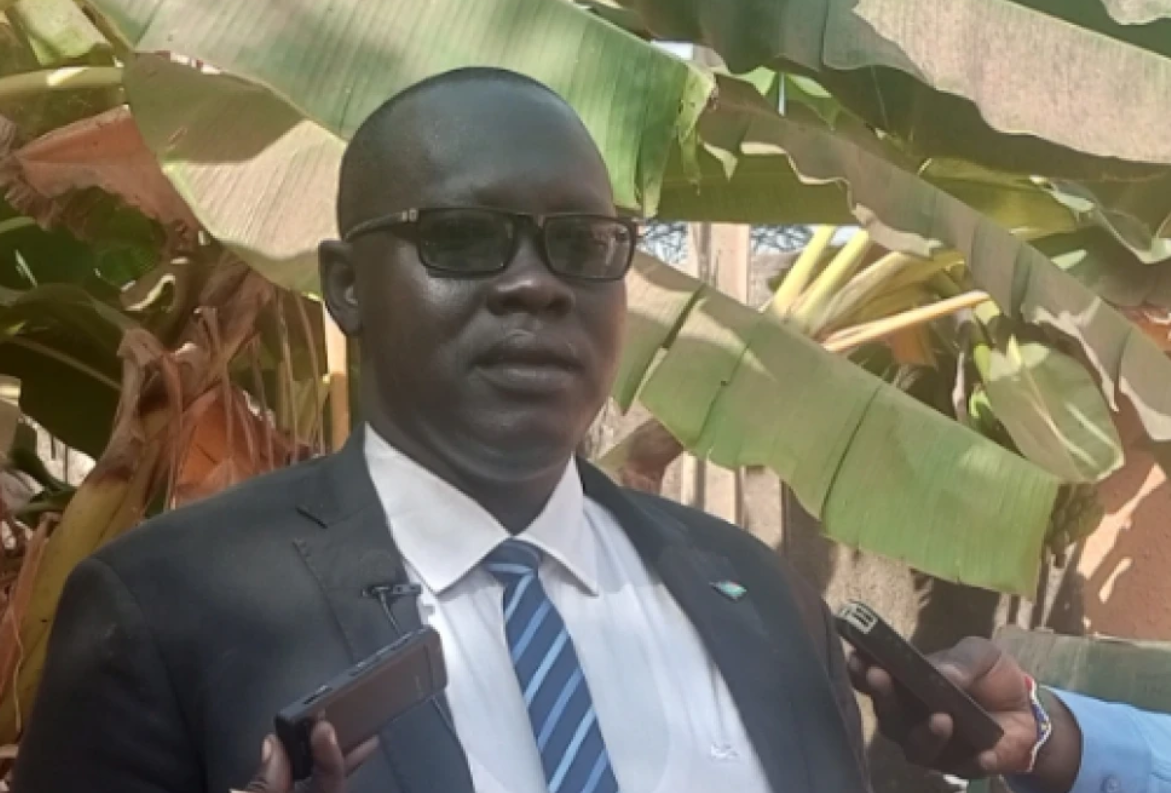Government to phase out low denomination banknotes

The government has announced the intention to “reduce the cost of cash transactions by phasing out low-denomination bank notes.”
According to the Minister of Finance and Planning, Agak Achuil, the decision is aimed at reducing the economy’s reliance on cash through ‘‘supportive policies such as paying civil servants through bank accounts.’’
Agak said when he tabled the budget proposal for the 2022/2023 financial year that this model would relieve the strain on the local currency that has currently slashed the spending power.
He explained that this was in light of South Sudan’s limited experience with bank resolution.
“We have requested urgent technical assistance from the International Monetary Fund (IMF). An IMF technical assistance mission is scheduled to take place in September 2022. With IMF assistance,’’ he said.
Agak said the Bank of South Sudan (Boss) has compiled new ‘‘quarterly Financial Soundness Indicators (FSIs) in line with current best practices.’’
South Sudanese low denomination bank notes include SSP25, SSP20, $10, SSP5, and one South Sudanese Pound. However, coins were introduced but were never used.
Last year, the Central Bank introduced the 1,000 note to reduce the excess money circulation. The note, launched during the leadership of former Central Bank governor Tong Ngor was hailed as the game-changer in solving the volatile exchange rate that has subjected the local currency to endless depreciation.
Last week, The City Review interviewed Dr Maliet Abraham, the economic advisor in the Economic Cluster, who argued that the country needed a robust monetary policy to reduce the local currency in circulation. The economist said that there was a need to pay salaries through banks to help address the devaluation of the currency.


